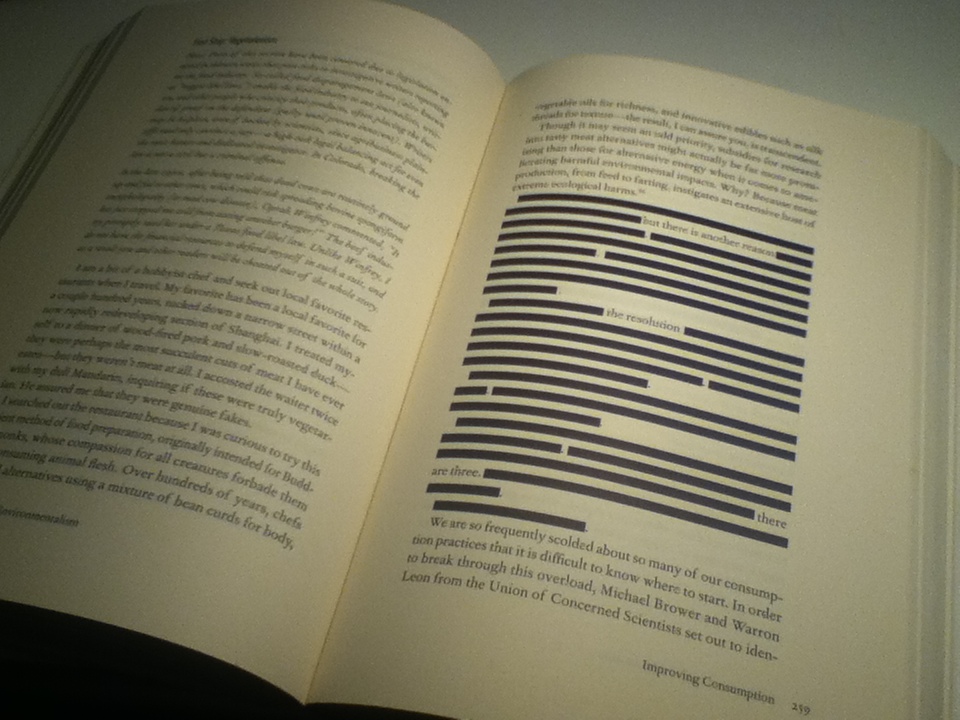HUMS 261, The Making of a Political Novel: Acts of Censorship and the Novel

Course Description
This course explores how certain novels, which prima facie may not appear to be political, become political novels through the act of censorship. Through a selection of novels drawn from different cultures and historical moments, we attempt to think through the relation between fiction and politics and how censorship can transform an aesthetic object into an organ of political criticism and resistance. In particular, we concentrate on how censorship–justified by religious, sexual, or political motives and beliefs–reorganizes the reception of a fictional work in the public sphere such that it becomes an acceptable (imaginary?) site to think about what is (in reality?) most dangerous and illegitimate in different cultures. Among the authors whose censorship trials we examine are: G. Flaubert, de Sade, D. H. Lawrence, M. Twain, V. Nabokov, and K. Vonnegut.
Led by:
 |
Professor Ramona NadaffProfessor Ramona Naddaff is currently working on a book provisionally entitled A Writers’ Trials: On the Writing, Editing and Censorship of Madame Bovary. This research project continues her thinking on the topic of literary censorship begun in Exiling the Poets: The Production of Censorship in Plato’s Republic (U of Chicago, 2003). She is the author of articles on, among other topics, Greek philosophy and literature, Flaubert’s Madame Bovary, theory and practice of translation, literary censorship and music torture. A co-director and editor of Zone Books, Naddaff is responsible for publishing titles in philosophy, history, anthropology, political theory and history of science. She is also the series editor of the multi-volume anthology Postwar French Thought (The New Press, 1996, 1999, 2001, 2011). From 2008-2011, Naddaff was director of the Project on Interdisciplinary Innovation at the Doreen B. Townsend Center for the Humanities (University of California, Berkeley). In 2011, Naddaff received the Phi Beta Kappa Northern California Association for Excellence in Teaching Award. Her awards also include the Humanities Research Fellowship (2012); Mellon Research Grant (2007-2012); the ACLS (2004-5) |